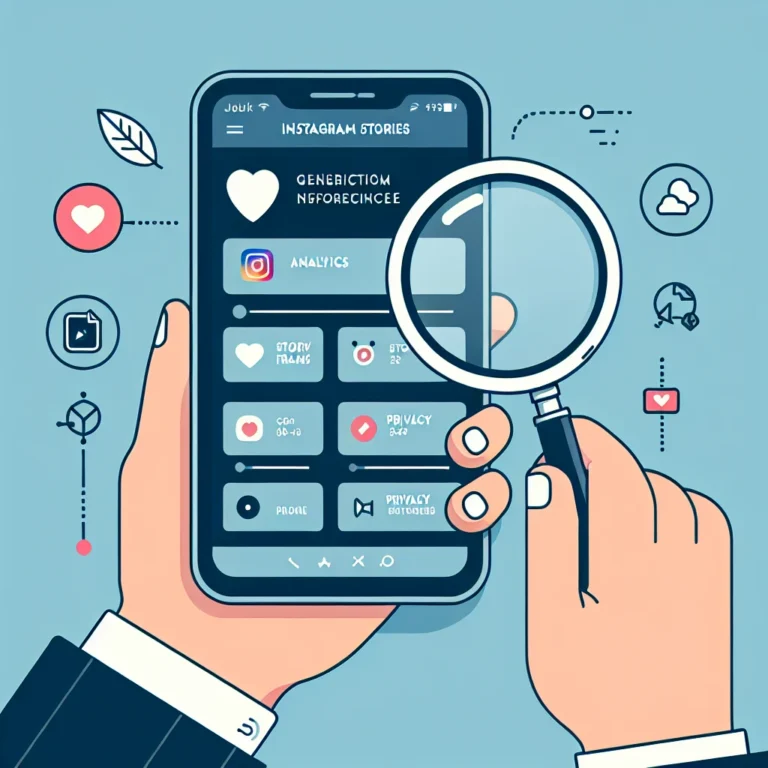Interviewing for a developer position can be a daunting experience, especially for junior developers who are just starting their careers. While technical skills are crucial, it’s equally important to navigate the interview process with confidence and professionalism. In this article, we will explore some of the most common mistakes that junior developers make during interviews and provide actionable tips to help you avoid them.
1. Lack of Preparation
One of the most common mistakes junior developers make is not preparing adequately for the interview. This can manifest in several ways:
- Not Researching the Company: Failing to research the company and the role you are applying for can make you appear disinterested or unprepared. Spend time understanding the company’s mission, values, and recent projects. This will help you tailor your responses to show how you can contribute to their goals.
- Ignoring the Job Description: The job description is a roadmap for what the company is looking for. Highlight the skills and experiences that align with the role and be ready to discuss them in detail.
- Not Practicing Common Interview Questions: Practice answering common interview questions, such as "Tell me about yourself" and "Why do you want to work here?" You can also practice technical questions and coding challenges to build your confidence.
2. Poor Communication Skills
Effective communication is key in any interview, but it’s particularly important for junior developers. Here are some common communication pitfalls to avoid:
- Speaking Too Fast or Too Slow: Speak at a pace that is clear and easy to follow. Take a moment to collect your thoughts before answering questions to ensure you provide well-thought-out responses.
- Not Listening Carefully: Active listening is crucial. Make sure you understand the question before you start answering. If you need clarification, don’t hesitate to ask the interviewer to rephrase or provide more details.
- Using Jargon Excessively: While it’s important to demonstrate your technical knowledge, using too much jargon can make you seem disconnected. Explain your answers in a way that is accessible to both technical and non-technical interviewers.
3. Neglecting Soft Skills
While technical skills are essential, soft skills are equally important in the tech industry. Here are some common mistakes to avoid:
- Not Demonstrating Teamwork: The ability to work well in a team is highly valued. Provide examples of how you have collaborated with others on projects, resolved conflicts, and contributed to a positive team environment.
- Not Showing Adaptability: The tech industry is constantly evolving, and adaptability is a critical skill. Discuss how you have adapted to new technologies, processes, or challenges in your past experiences.
- Not Highlighting Problem-Solving Skills: Problem-solving is a core competency for developers. Share specific examples of how you have identified and resolved problems in your previous roles.
4. Failing to Ask Questions
Asking thoughtful questions during an interview can help you stand out and show your genuine interest in the role. Here are some common mistakes to avoid:
- Not Preparing Questions: Come to the interview with a list of prepared questions. These can include inquiries about the team structure, the company’s culture, the technologies used, and the growth opportunities within the company.
- Asking Generic Questions: Avoid asking generic questions that can be easily answered by a quick Google search. Instead, ask questions that demonstrate your interest in the specific role and the company’s unique offerings.
- Not Following Up: After the interview, send a thank-you email to the interviewer(s). This is an opportunity to reiterate your interest in the role and highlight any key points you discussed during the interview.
5. Overlooking Body Language
Your body language can convey a lot about your confidence and professionalism. Here are some common mistakes to avoid:
- Poor Eye Contact: Maintain eye contact with the interviewer to show your engagement and confidence. Avoid looking down or away while speaking.
- Negative Gestures: Avoid crossing your arms, tapping your foot, or fidgeting. These gestures can make you appear nervous or disinterested.
- Slouching: Sit up straight and maintain a confident posture. This will help you project confidence and professionalism.
6. Not Highlighting Relevant Experience
Many junior developers have relevant experience that they may not realize is valuable. Here are some common mistakes to avoid:
- Discounting Personal Projects: Personal projects can be a great way to demonstrate your skills and passion for coding. Discuss any side projects you have worked on and how they have contributed to your development as a developer.
- Not Mentioning Internships or Freelance Work: If you have completed internships or freelance projects, highlight these experiences. They can provide valuable insights into your ability to work in a professional setting.
- Ignoring Volunteer Work: Volunteer work, especially in tech-related fields, can be a valuable addition to your resume. Discuss any volunteer projects you have been involved in and how they have helped you develop relevant skills.
7. Being Overly Critical of Past Experiences
While it’s important to be honest about your past experiences, being overly critical can make you appear negative or unprofessional. Here are some common mistakes to avoid:
- Gossiping About Former Employers: Avoid speaking negatively about former employers or colleagues. Instead, focus on what you learned from those experiences and how they have helped you grow.
- Bashing Your Previous Job: Even if you had a difficult time in your previous role, it’s important to speak about it in a positive light. Emphasize what you gained from the experience and how it has prepared you for your next opportunity.
- Not Showing Growth: Highlight how you have grown and improved over time. Discuss specific examples of how you have overcome challenges and developed new skills.
8. Not Demonstrating Enthusiasm
Enthusiasm can make a significant difference in how you are perceived during an interview. Here are some common mistakes to avoid:
- Not Showing Interest in the Role: Demonstrate your enthusiasm by asking thoughtful questions and showing your excitement about the opportunity. Share why you are passionate about the role and the company.
- Not Expressing Gratitude: Show appreciation for the opportunity to interview. Thank the interviewer for their time and express your interest in the position.
- Not Following Up: Send a follow-up email after the interview to reiterate your interest in the role and thank the interviewer for their time. This can help you stand out from other candidates.
Conclusion
Interviewing as a junior developer can be challenging, but by avoiding these common mistakes, you can increase your chances of success. Remember to prepare thoroughly, communicate effectively, highlight your soft skills, ask thoughtful questions, and show enthusiasm. With the right approach, you can make a strong impression and land your dream job. Good luck!













